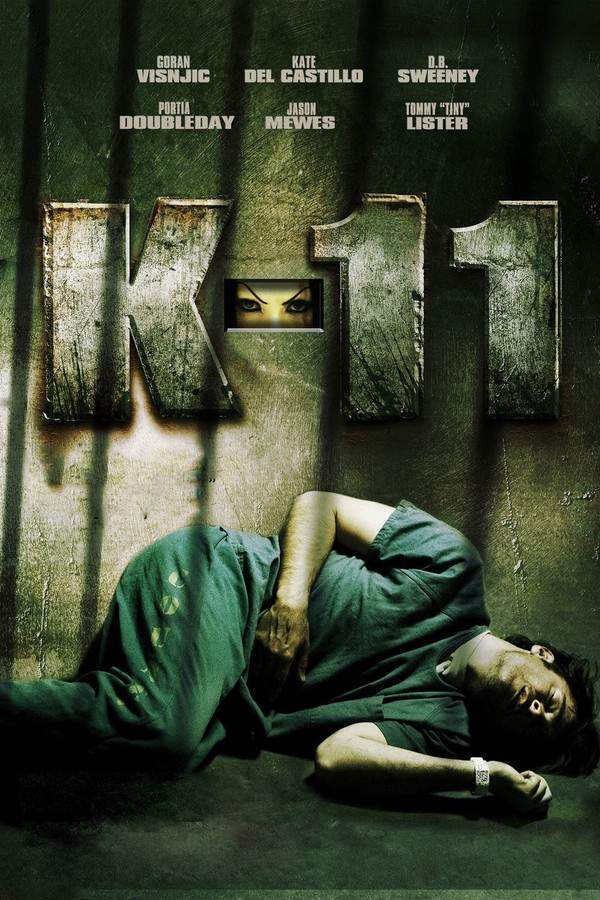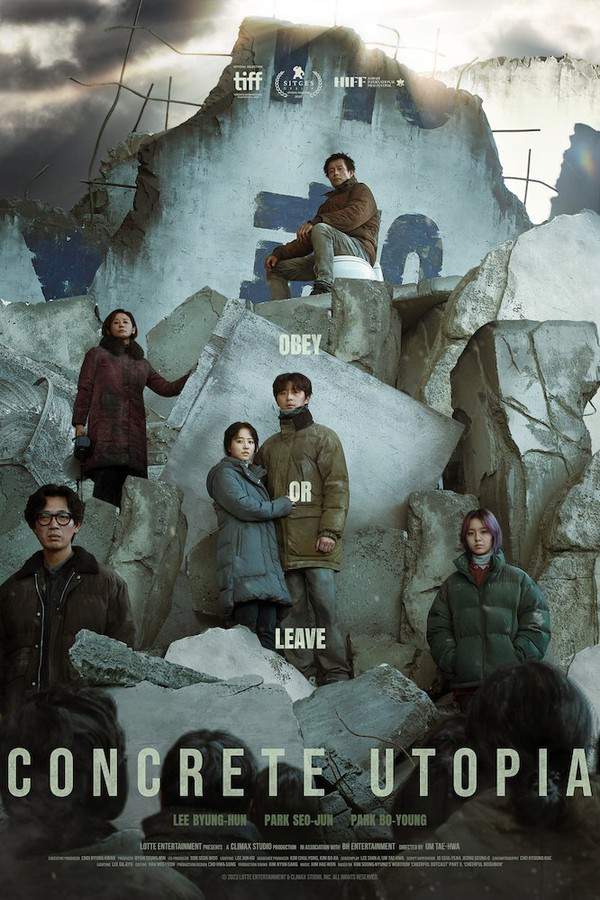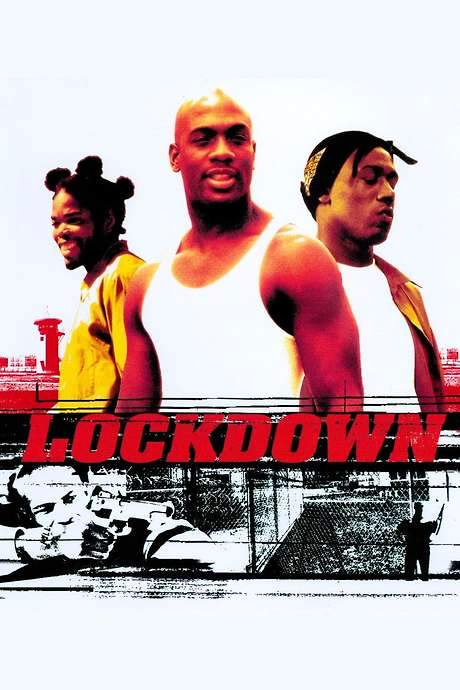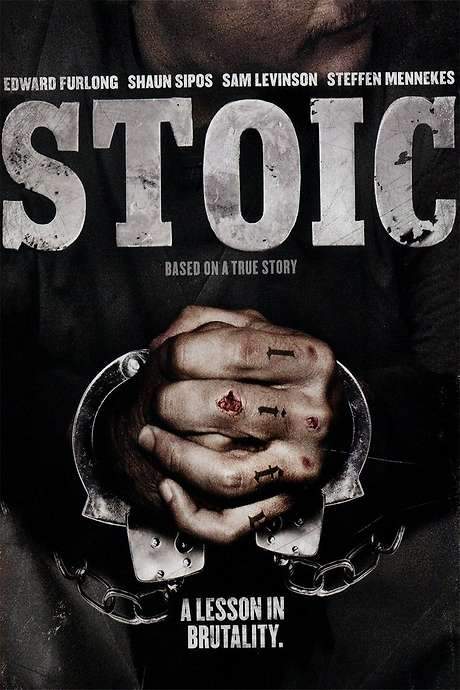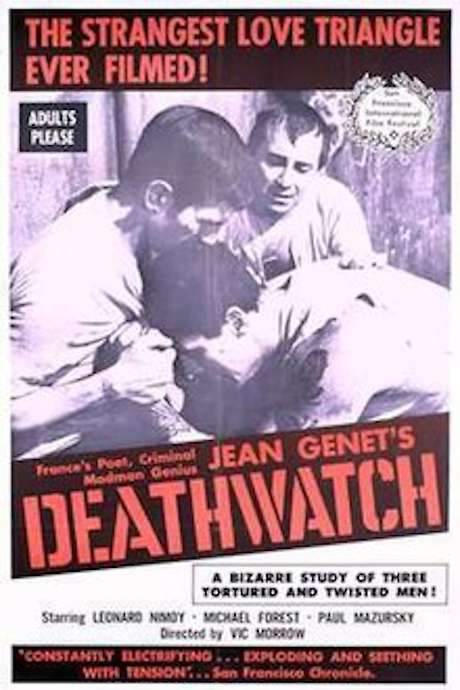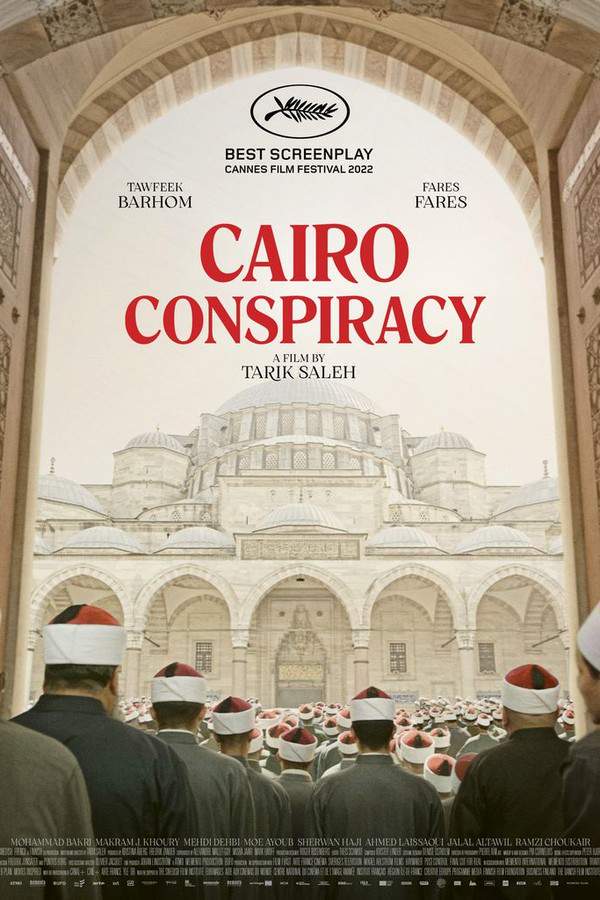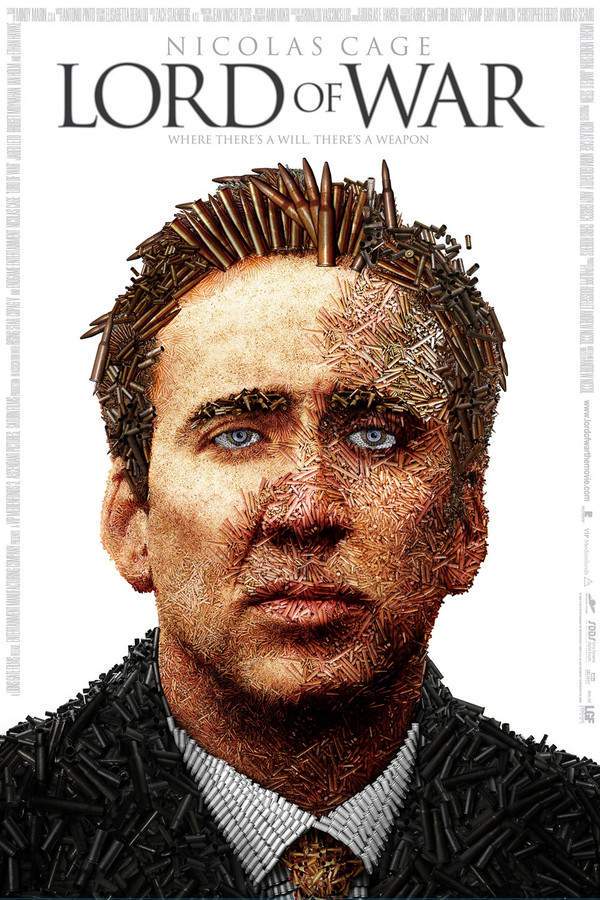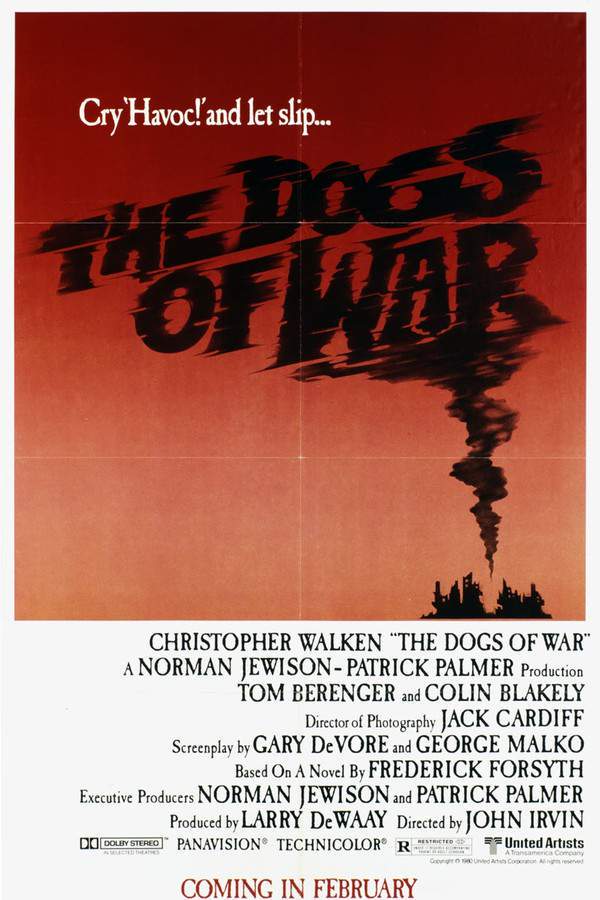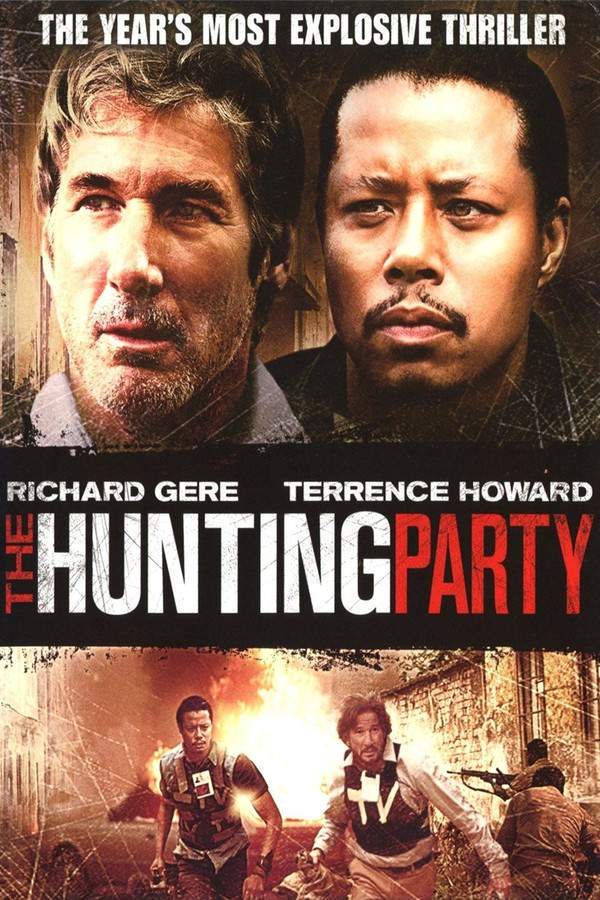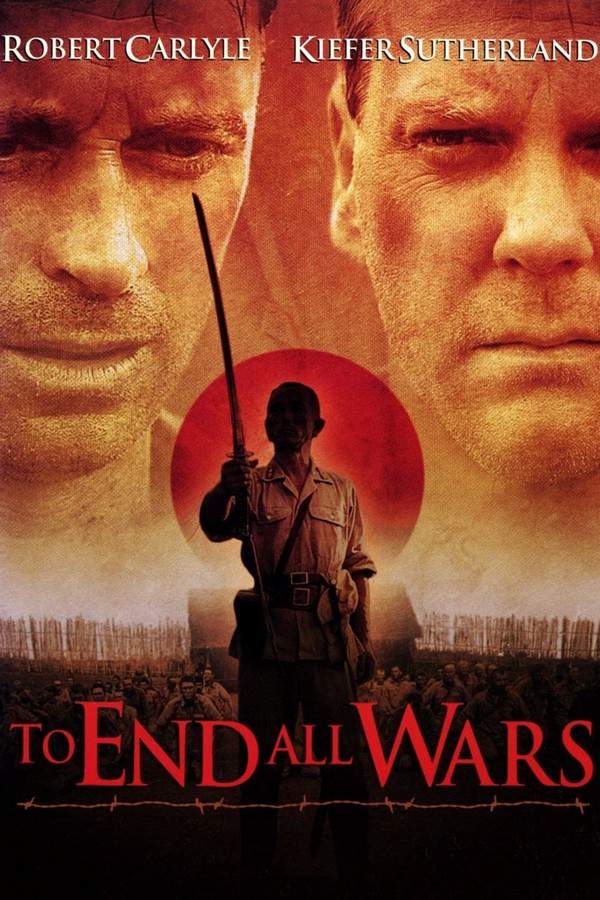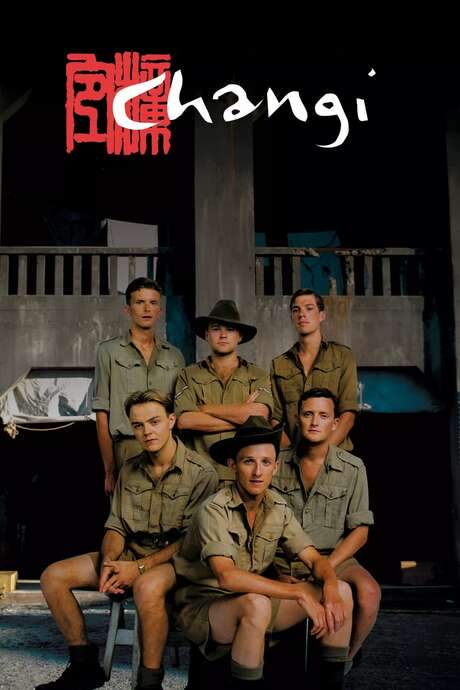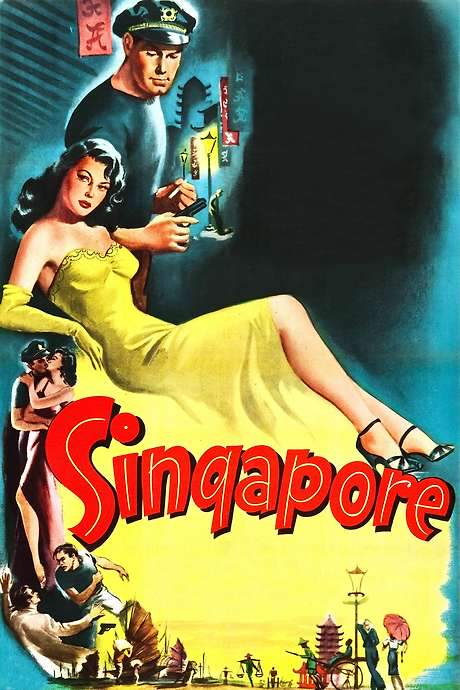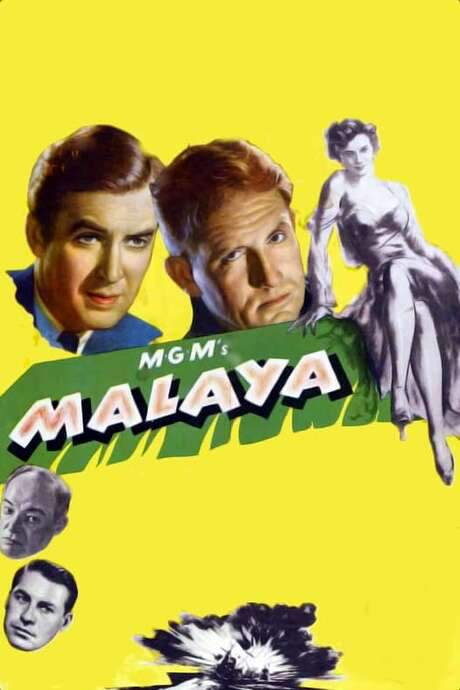
King Rat
Year: 1965
Runtime: 134 mins
Language: English
After Singapore fell to the Japanese in 1942, Allied prisoners of war—mainly British with some Americans—were held in Changi prison. Corporal King, an enterprising American, has carved a niche, trading contraband and arranging camp entertainment. He befriends an upper‑class British officer, who is drawn to King’s lively, hopeful outlook on life.
Warning: spoilers below!
Haven’t seen King Rat yet? This summary contains major spoilers. Bookmark the page, watch the movie, and come back for the full breakdown. If you're ready, scroll on and relive the story!
King Rat (1965) – Full Plot Summary & Ending Explained
Read the complete plot breakdown of King Rat (1965), including all key story events, major twists, and the ending explained in detail. Discover what really happened—and what it all means.
In a Japanese POW camp, one inmate stands out: the crafty Corporal King, an American among the British and Australians who survives by scheming and running a shadowy black‑market network. He uses his wits to pull strings, and soon he ropes in the upper‑class RAF officer Peter Marlowe as a translator, drawing him closer as they get to know each other. As their uneasy alliance grows, King begins to value Marlowe not just for his language skills but for the leverage Marlowe represents in a camp where survival often hinges on knowing whom to trust. King’s calculation sharpens when he saves Marlowe’s hungry group from the brink of gangrene by obtaining costly medicines, keeping the sick man alive at his bedside. Whether this care stems from loyalty—or from the knowledge that Marlowe is the only one who knows where King’s hidden profits are buried—remains a deliberately murky question, and one that keeps Marlowe tethered to a man who may be friend, ally, or indispensable asset.
Meanwhile, the camp’s moral center is tested by the British Provost Lieutenant Grey, a lower‑class officer who looks with contempt on King and does not hesitate to challenge him. Grey stumbles onto a separate corruption plot: the high‑ranking officer in charge of the meager rations has been skimming for himself and his assistant. Grey refuses a bribe and tries to bring the matter to Colonel Smedley‑Taylor, only to face a dismissal that suggests the system will not tolerate such exposure. Smedley‑Taylor brushes off the improprieties, and when Grey presses, the Colonel’s response is that the matter has already been resolved—though Grey’s evidence has vanished. A moment later Smedley‑Taylor floats a possible promotion to acting captain, testing Grey’s resolve; when Grey remains silent, Smedley‑Taylor interprets that as consent, tightening his grip on the situation.
King’s empire in the camp expands in ever more shocking ways. He begins breeding rats and selling the meat as “mouse‑deer,” a macabre cover that proves profitable but morally repugnant to many. When a pet dog is put down for killing a chicken, King arranges for it to be cooked and shared among his circle, and even those who protest the atrocity ultimately taste the lure of necessity and survival. The stakes rise further when the camp acquires a diamond, which they plan to sell to improve their odds in a world that has forgotten them. The tension cracks wide when the Japanese commander reads a surrender scroll; a junior officer translates for the British officers, announcing the end of the war. The prisoners revel in the moment of supposed freedom, but King feels the ground shifting beneath him—his hold on the camp’s social order is slipping as the men realize a new power dynamic has begun.
A lone British paratrooper named Weaver arrives seemingly from nowhere to liberate the camp. He disarms the guards and seeks to speak with the prisoners, who mostly remain in shock. King remains calm and polite, though Weaver quickly suspects there is more to the story given King’s unusually clean, healthy appearance compared with the others. Weaver promises not to forget him, setting the stage for a tense reckoning in the days to come. Before King leaves with Weaver, Marlowe speaks to him once more, and King diminishes their bond with a cutting reminder of whose interests truly sustained him: “you worked for me, and I paid you.”
you worked for me, and I paid you
As the truck carrying the Americans pulls away, Marlowe’s farewell comes too late to change the outcome. Grey’s later disparaging remark about the camp’s new order lands with bitterness, but Marlowe expects nothing less than a harsh judgment: in his mind, Grey should be grateful for the very hatred he once harbored toward King, for it kept him alive in a place where every decision could mean life or death.
Last Updated: October 05, 2025 at 11:44
Explore Movie Threads
Discover curated groups of movies connected by mood, themes, and story style. Browse collections built around emotion, atmosphere, and narrative focus to easily find films that match what you feel like watching right now.
Claustrophobic survival stories with moral dilemmas like King Rat
Stories where confined spaces force desperate characters to negotiate their morals.For viewers of King Rat seeking similar movies about survival in confined spaces. These films explore the dark, morally complex choices characters make under extreme pressure, often set in prisons, bunkers, or isolated locations where traditional rules break down.
Narrative Summary
Narratives in this thread typically follow characters who are physically or socially confined, forcing them into a survivalist mindset. The central conflict is internal as much as external, pitting personal ethics against the stark reality of staying alive, often leading to a cynical or bittersweet resolution.
Why These Movies?
Movies are grouped here for their shared exploration of how extreme, confined settings act as a pressure cooker for moral decay. They feature high-tension environments, a dark tone, and a steady, methodical pacing that builds towards difficult, thought-provoking conclusions about human nature.
Movies about corrupt power systems and class conflict like King Rat
Stories where societal collapse reveals the dark underbelly of power and class.If you liked King Rat's exploration of black markets and institutional hypocrisy, these movies show similar breakdowns of order. They feature stories where crisis settings expose class tensions and the rise of cynical, alternative power structures that challenge heroism and honor.
Narrative Summary
The narrative pattern involves a stable system—be it military, corporate, or societal—entering a state of crisis. This collapse allows opportunistic characters to rise, creating new, often immoral, power dynamics that critique the hypocrisy of the old order and challenge the ideals of more principled characters.
Why These Movies?
This thread groups films that share a critical view of institutions and class structures, particularly under duress. They are united by a dark, morally complex tone, a focus on betrayal and pragmatic alliances, and endings that are often bittersweet or bleak, leaving a sense of disillusionment.
Unlock the Full Story of King Rat
Don't stop at just watching — explore King Rat in full detail. From the complete plot summary and scene-by-scene timeline to character breakdowns, thematic analysis, and a deep dive into the ending — every page helps you truly understand what King Rat is all about. Plus, discover what's next after the movie.
King Rat Timeline
Track the full timeline of King Rat with every major event arranged chronologically. Perfect for decoding non-linear storytelling, flashbacks, or parallel narratives with a clear scene-by-scene breakdown.

Characters, Settings & Themes in King Rat
Discover the characters, locations, and core themes that shape King Rat. Get insights into symbolic elements, setting significance, and deeper narrative meaning — ideal for thematic analysis and movie breakdowns.

King Rat Spoiler-Free Summary
Get a quick, spoiler-free overview of King Rat that covers the main plot points and key details without revealing any major twists or spoilers. Perfect for those who want to know what to expect before diving in.

More About King Rat
Visit What's After the Movie to explore more about King Rat: box office results, cast and crew info, production details, post-credit scenes, and external links — all in one place for movie fans and researchers.

Similar Movies to King Rat
Discover movies like King Rat that share similar genres, themes, and storytelling elements. Whether you’re drawn to the atmosphere, character arcs, or plot structure, these curated recommendations will help you explore more films you’ll love.
Explore More About Movie King Rat
King Rat (1965) Scene-by-Scene Movie Timeline
King Rat (1965) Movie Characters, Themes & Settings
King Rat (1965) Spoiler-Free Summary & Key Flow
Movies Like King Rat – Similar Titles You’ll Enjoy
To End All Wars (2002) Movie Recap & Themes
Changi (1000) Film Overview & Timeline
Battle Rats (1990) Complete Plot Breakdown
Jungle Rats (1988) Story Summary & Characters
Return from the River Kwai (1989) Film Overview & Timeline
The Singapore Grip (1000) Story Summary & Characters
The Virgin Soldiers (1969) Film Overview & Timeline
A Town Like Alice (1956) Film Overview & Timeline
The Desert Rats (1953) Full Movie Breakdown
Singapore (1947) Spoiler-Packed Plot Recap
Malaya (1949) Spoiler-Packed Plot Recap
Three Came Home (1950) Ending Explained & Film Insights
The Rats of Tobruk (1944) Detailed Story Recap
Tunnel Rats (2008) Detailed Story Recap
King and Country (1964) Story Summary & Characters

